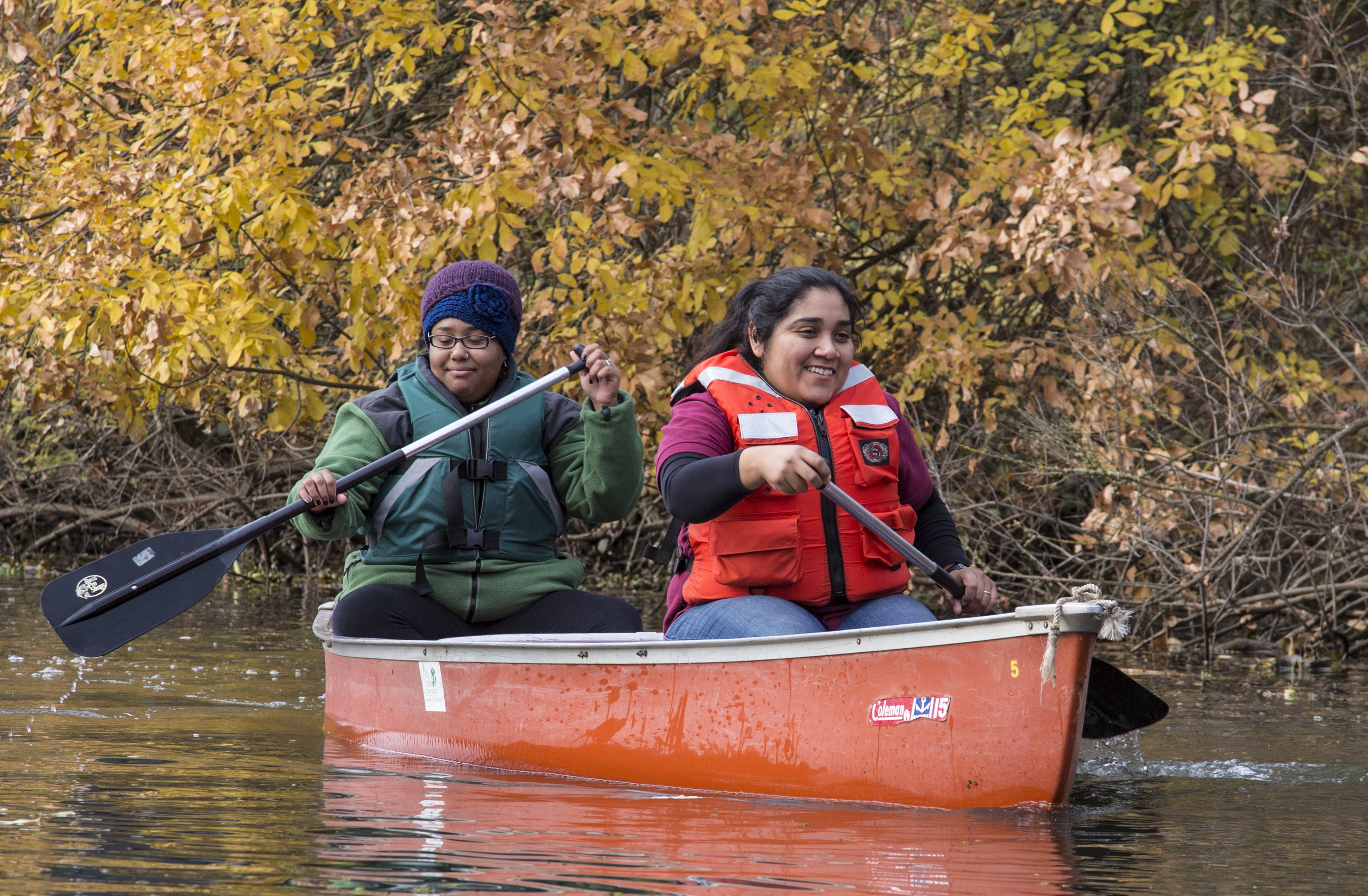Too often, politicians avoid water issues because they seem too complex and intractable. In our work, we hear this a lot, even as our partners push boulders uphill in creative and ambitious projects for the health of people and nature.
As we celebrate World Water Day, though, we’re feeling optimistic. 2019 may open a new frontier for inclusive and forward-thinking US water policy.
In just the past couple of months, governors across the country have prioritized water solutions that speak to the needs of all residents. In New Mexico, Governor Michelle Lujan Grisham, who made safe and reliable water a central tenet of her campaign and now her administration, has said, “Water needs to be managed in a way that’s fair and serves all New Mexicans.” And in our own state of California, Governor Gavin Newsom put safe water front and center in his first state of the state address, remarking “Our approach can’t be ‘either/or.’ It must be ‘yes/and.’”
We wholeheartedly agree. Water policy that leaves no one behind must reach back and take care of those who are most often ignored or silenced. It must bring light to what has not been historically visible. And, importantly, it must encourage and empower new voices.
As we reflect on the theme of World Water Day 2019, we’re encouraged by the work of our partners who are not only addressing urgent problems, but also tackling the root causes of water crises like social inequality and unequal access to information. Here’s just a snapshot:
Broadening Who Makes Decisions About Our Water
Water touches every aspect of our lives. When it’s clean and reliable, it powers our economy, cares for our families, nurtures wildlife, produces the food we eat, and creates moments of beauty and adventure. Still, those with the power to make decisions on water and how it touches our lives are often not representative of the populations they serve.
At the Water Foundation, we fundamentally believe that to achieve water policy for all we must expand and diversify who gets to make those decisions. This thinking informs our work across the field. For example, we’re supporting the meaningful engagement of disadvantaged communities into the implementation of California’s historic Sustainable Groundwater Management Act and the restoration of the Salton Sea.
In Los Angeles County, we’re supporting the Our Water LA coalition that spearheaded the campaign to pass the nation’s largest public financing program for green stormwater infrastructure. The program is also the first of its kind to explicitly require community representation on governance boards. Today, we are focused on helping local leaders land those decision-making seats and succeed.
Safe Drinking Water for All
Over 1 million Californians don’t have clean water at home, and the children and families who have been left with tap water that’s too polluted to drink are also most likely to live in lower-income communities and communities of color.
Yet, because of the work of community-based organizations, parents, and residents across the state, this year may mark a turning point in a decades-long drinking water crisis. The governor and state legislators have come together to propose a package that would guarantee safe water for all Californians. And importantly, this package must attack the ongoing toxic taps crisis with a sustainable funding source that helps impacted communities actually treat polluted water reliably, year in and year out.
Open, Transparent Water Data
Solving our most pressing water problems takes good information about what’s happening on the ground, in people’s lives, and to our freshwater ecosystems. It’s hard to make positive change without key data about when and how water is used.
Since California passed the Open and Transparent Water Data Act in 2016, our team continues to support partners who are working to make data more accessible to all users. In the coming weeks, we’ll also be announcing this year’s Water Data Challenge to spur new ideas and innovation across the field.
This work is also making a difference beyond California; inspired by the work of our partners, states like New Mexico and Texas are advancing new open water data efforts.
Flood Protections That Save Lives and Restore Ecosystems
At a time when more and more families, from Northern California to the Great Plains, are facing catastrophic flooding, there’s not a second to lose in the push for solutions that leave no one behind. Our partners are leading new floodplain projects across the state aimed at protecting communities most vulnerable to floods while restoring natural environments, enhancing recreational opportunities, and increasing recharging groundwater aquifers.
This World Water Day, we’re motivated and moved by the tremendous work and dedication of our partners. Together, we’re building a more resilient, adaptive water future for all.
